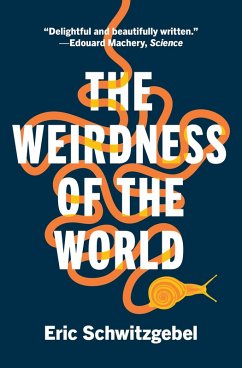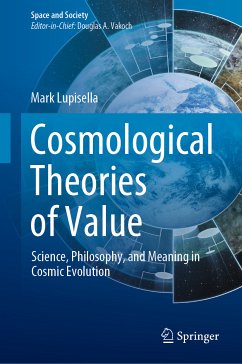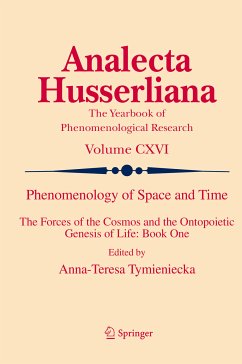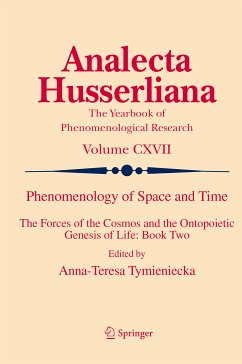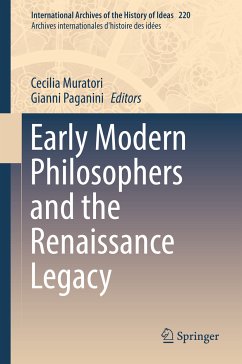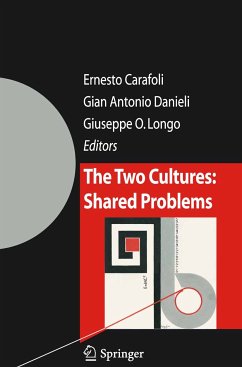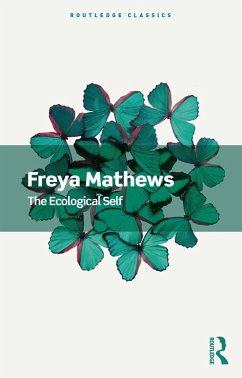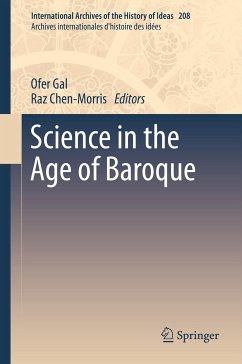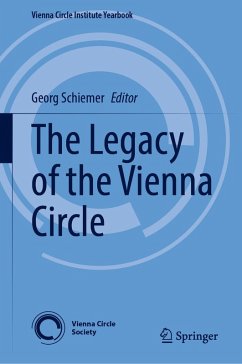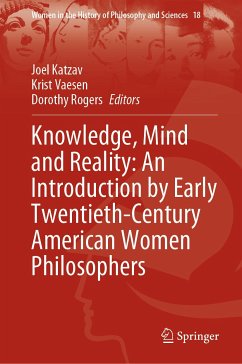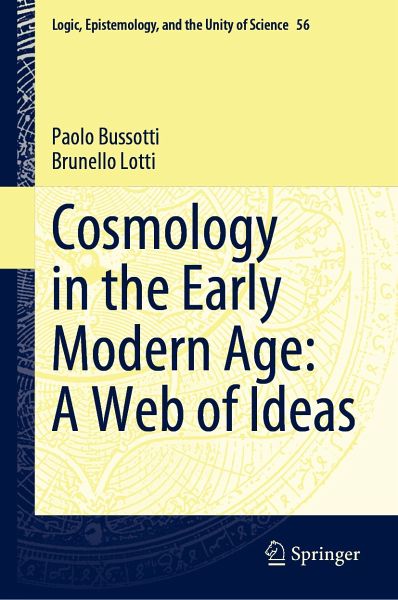
Cosmology in the Early Modern Age: A Web of Ideas (eBook, PDF)
Versandkostenfrei!
Sofort per Download lieferbar
89,95 €
inkl. MwSt.
Weitere Ausgaben:

PAYBACK Punkte
45 °P sammeln!
This volume addresses the history and epistemology of early modern cosmology as a paradigmatic example of the intersections of scientific theories and philosophical issues. The authors reconstruct the development of cosmological ideas in the age of the 'scientific revolution' from Copernicus to Leibniz, taking into account the growth of a unified celestial-and-terrestrial mechanics. The volume investigates how, in the rise of the new science, cosmology displayed deep and multifaceted interrelations between philosophical concepts and scientific notions stemming from mechanics, mathematics and a...
This volume addresses the history and epistemology of early modern cosmology as a paradigmatic example of the intersections of scientific theories and philosophical issues. The authors reconstruct the development of cosmological ideas in the age of the 'scientific revolution' from Copernicus to Leibniz, taking into account the growth of a unified celestial-and-terrestrial mechanics. The volume investigates how, in the rise of the new science, cosmology displayed deep and multifaceted interrelations between philosophical concepts and scientific notions stemming from mechanics, mathematics and astronomy. Philosophical ideas were often employed to frame a general picture of the universe, as well as to criticize and interpret scientific notions and observational data. This interdisciplinary work reconstructs a conceptual web pervaded by various intellectual attitudes and drives. It presents a historical-epistemological itinerary which includes Copernicus, Kepler, Galileo, Descartes, Huygens, Newton and Leibniz. For each of these authors, a presentation and commentary of their cosmological views is provided, and outlines of their most relevant physical concepts are given. Furthermore, the philosophical and epistemological implications of their scientific works are highlighted. The purpose of this work is to unravel the complex intertwining of the different aspects that characterized the emergence of a new view of the universe in the early modern centuries.
Dieser Download kann aus rechtlichen Gründen nur mit Rechnungsadresse in A, B, BG, CY, CZ, D, DK, EW, E, FIN, F, GR, HR, H, IRL, I, LT, L, LR, M, NL, PL, P, R, S, SLO, SK ausgeliefert werden.



